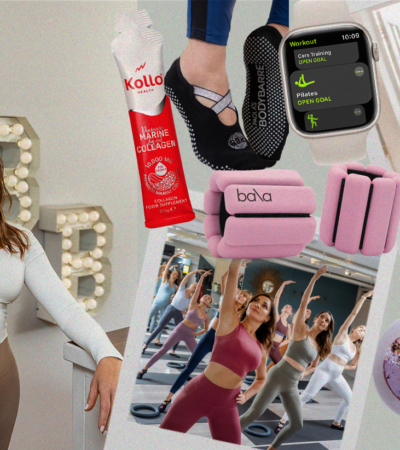As the UK slowly reopens after a year of yoyo lockdowns, many people are facing the prospect of returning to their workplace. If you find yourself feeling a bit apprehensive and fretful about how you’ll cope, Dr Nerina Ramlakhan, a physiologist and sleep and energy expert, offers her top tips on how to resolve anxiety around getting back to our physical workspaces.
A year is a long time and what started off as a temporary fix has now turned into an ingrained habit. WFH, zoom meetings, social distancing and staying local is our new normal and it is ok to be experiencing feelings of concern and anxiousness. If you are struggling, try talking to others around you including your team and your manager. Allow yourself the time and space to explore these feelings. Leaders and managers should work on creating safe cultures in which people can voice their concerns and anxieties – self-awareness will be key. Remember that although many things will return to normal, we ourselves as a society have changed and the benefits of a more flexible and less pressured future have been experienced by everyone.
Over the course of the pandemic, we have had to be more introspective and have developed a deeper relationship with ourselves and our health. We need to stay connected to this recognising that we are not the same people we were pre-pandemic. We are more sensitive having been enclosed in our safe homes and self-care will be premium as we get back out there. This means trying to maintain some of the healthy lifestyle practices we might have taken up during the pandemic, learning to put yourself first and allowing yourself to say ‘no’ to unrealistic demands. If this doesn’t come easily, try practising it over and over again until it becomes second nature.
In these uncertain and worrying times, the nervous system takes the hit, and we end up running in survival mode fuelled by anxiety, fear, adrenaline and cortisol. Our homes have become our sanctuary, one of the places we feel free from threats and they are our safe place. If leaving home is a worry for you, try gradually increasing the time spent away from home each day or speak to your manager about trying out a hybrid working patten to ease you back into normal life.
Returning to the workplace might be a difficult transition for some, especially for introverts who have thrived at home. We may see a rise in burnout and mental health problems, accelerated by the ingrained WFH routines we have established. Sleep pattens have changed, cooking habits have become healthier and many now enjoy a daily walk, in place of their commute. Switching back to pre-pandemic life could see these lifestyle changes become eliminated, which in turn, could affect our mental health. Burnout and overwhelm have specific characteristic and can include racing thoughts, a feeling of dread in the pit of your stomach, breathlessness, tight or clenched jaw, unable to slow down, talking fast or being increasingly impatience. If you notice any of these signs, speak to your workplace about how they can help support you and improve your wellbeing.
Remember that when you are feeling anxious and overwhelmed, self-care is even more important. Eat breakfast within 30-45 minutes of waking and throughout the day, limit caffeine and drink at least 2 litres of water. Remember to allow yourself the chance to rest and recover during the day, taking regular, small breaks from work every 90-120 minutes. The breaks give your brain a chance to reboot and process information, which helps you sleep deeper at night.
Dr Nerina Ramlakhan is a renowned physiologist and sleep expert and regularly hosts sleep programmes and workshops. She is the bestselling author of several books about sleep, including The Little Book of Sleep: The Art of Natural Sleep (Gaia, 2018). www.drnerinawebinars.com
READ MORE: A Year With COVID: The H&H Team Journal Their Highs & Lows














